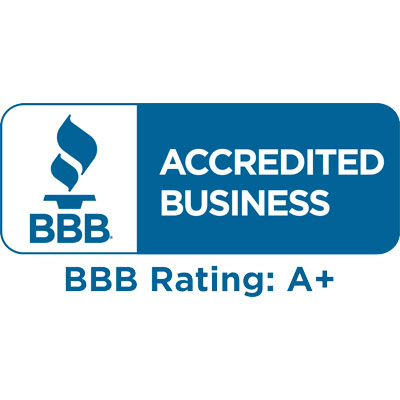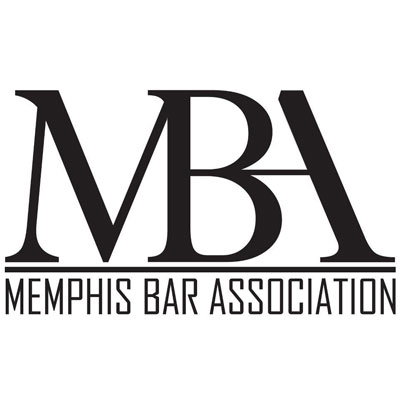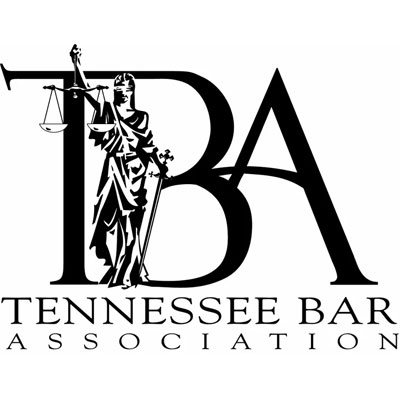Q: Will I automatically lose my house, car, or other property if I file a bankruptcy?
A: No. In fact, Chapter 13 wage earner bankruptcy is designed specifically to protect your property from creditors. For instance, if your home is about to be foreclosed on or your car is about to be repossessed, Chapter 13 wage earner bankruptcy will automatically stop these things and allow you time to repay the debts, usually over a three to five year period. Alternatively, a Chapter 7 “straight” bankruptcy is a liquidation. Any property that is not exempt under state law would be subject to possible liquidation by the Bankruptcy Court. Anyone in Memphis contemplating filing for protection under Chapter 13 or Chapter 7 should consult a debt relief attorney at Hurst Law Firm to determine what property is protected and what is not.
Q: Do I have to list all of my debts if I file a wage earner or bankruptcy?
A: Yes. If you file for either a Chapter 13 wage earner bankruptcy or Chapter 7 straight bankruptcy, you must list every creditor that you owe and all property that you own. This does not mean that you lose any property just because it is listed in your bankruptcy. But intentionally not listing creditors or property can amount to fraud under the Bankruptcy Code. Therefore, you must list everything you own and everyone that you owe if you file.
Q: How much does it cost to file for bankruptcy?
A: The Bankruptcy Court charges a filing fee of $335.00 for Chapter 7 cases. However, this fee can be paid after the filing of the case. The filing fee for a Chapter 13 wage earner case is $310.00. However, this fee can paid after the filing of the case, as part of your Chapter 13 plan payments.
For Chapter 7 cases, the Hurst Law Firm normally charges an attorney fee of $850.00. Some debt relief cases may be more complicated though, and therefore a larger fee may be required. All fees are agreed to and disclosed in writing before any case is filed.
For Chapter 13 cases, the Bankruptcy Court for the Western District of Tennessee (includes Memphis and surrounding areas in Tennessee) has set the standard attorney fee at $3,800.00. However, in most cases, the Hurst Law Firm will allow this fee to be paid through your Chapter 13 plan and you will not have to pay any fees up front to get your case filed.
Q: Will bankruptcy help me get my license back?
A: Yes, if your license is suspended due to unpaid child support or unpaid tickets and fines, a Chapter 13 Wage Earner bankruptcy can help you get your license back. A Chapter 7 Straight bankruptcy will generally not help to get your license back since these debts are non-dischargeable.
Q: Will bankruptcy or wage earner stop a foreclosure of my home?
A: Yes, in most instances, filing either a bankruptcy or wage earner will stop a foreclosure on your home, assuming the case is filed before the sale of the house is conducted. Filing a Chapter 13 Wage Earner bankruptcy is usually recommended in this situation, assuming you are trying to save your home. If you’re worried about losing your home in the Memphis area because of debt, Hurst Law Firm can help.
Q: Will bankruptcy or wage earner stop a repossession of my car?
A: Yes, in most instances, filing either a bankruptcy or wage earner will stop a repossession of your car. Filing a Chapter 13 Wage Earner bankruptcy is usually recommended in this situation, assuming you are trying to keep your car. Even if your car has already been repossessed, a Chapter 13 Wage Earner bankruptcy can often be used to get the vehicle back from the lien holder, assuming the vehicle has not already been sold.
Q: Will bankruptcy or wage earner stop a garnishment of my paycheck?
A: Yes, in most instances a filing either a bankruptcy or wage earner will stop the garnishment of your paycheck.
Please note that all filing fees and attorney fees are subject to change.
Q: Why are so many consumers filing bankruptcy?
A: Many Americans with excess debt have acquired their debts over long periods of time. While they intend to repay the debts, they may find themselves unable to do so because of unanticipated changes in circumstances such as medical emergencies, job losses or failed businesses, disability, divorce or loss of spouse. Any of these circumstances, combined with late fees, over limit fees and the extraordinarily high interest rates that creditors now charge can result in insurmountable debt.
Q: What alternative debt relief courses of action are there to filing a wage earner or bankruptcy when facing overwhelming debt?
A: Short of bankruptcy, a debtor may attempt to mediate with creditors or negotiate workout agreements to extend due dates, lower interest rates, partially forgive debt or alter other terms. A debtor may execute an assignment of property for the benefit of creditors (ABC), wherein the debtor puts assets in the trust of a neutral third party to pay creditors. A business debtor can sell the business, negotiating the satisfaction of debt as part of the deal. Other creative options to bankruptcy exist. Many debtors, however, find that their creditors are unwilling to agree to reasonable terms or are completely unwilling to negotiate. Talk to the debt relief attorneys of Hurst Law Firm in Memphis to discuss your options.
Q: What types of bankruptcy are there?
A: Consumers usually file Chapter 7 “liquidation” or Chapter 13 “reorganization” bankruptcies. In practice, most persons considering Chapter 7 only own property exempt from liquidation under the law and most of their debt is canceled (discharged) without actually losing any of their property. Under Chapter 13 bankruptcy, the debtor repays certain debts over time (from three to five years).
Q: Can bankruptcy free me from my student loans?
A: In some instances you can include student loans and taxes in a Chapter 13 repayment plan and pay them off over time. In many cases, this will save debtors money. Also, in rare instances, these debts may be dischargeable.
Q: Are spousal maintenance/alimony and child support obligations dischargeable in wage earner or bankruptcy?
A: Domestic support obligations like alimony and child support are not dischargeable, nor does the filing of a bankruptcy petition stay most court proceedings dealing with family law issues. Under Chapter 7, but probably not under Chapter 13, other obligations to a spouse or child incurred in a divorce, separation or by court or government order are also not dischargeable, such as property settlement obligations.
Q: Can I stop paying my alimony and child support during my wage earner or bankruptcy?
A: A debtor is required to remain current on all domestic support obligations such as alimony/spousal maintenance and child support throughout the duration of the bankruptcy. If a debtor falls behind on his or her domestic support obligations during bankruptcy, the bankruptcy could be dismissed or converted from a Chapter 13 to a Chapter 7 proceeding.
Q: How long may credit bureaus include bankruptcy information on a credit report?
A: Consumer credit reports may reveal Chapter 7 bankruptcy cases for 10 years from filing. Chapter 13 information can be included for seven years from discharge or 10 years from filing if there is no discharge. Account information for debts discharged under either chapter may be included in credit reports for seven years after the accounts go inactive.
Q: Should I consult a lawyer for legal advice about wage earner or bankruptcy?
A: Yes. If you are contemplating bankruptcy or have questions about bankruptcy, you should contact a debt relief attorney immediately. As you will likely only file for bankruptcy once in your life, you should hire an experienced bankruptcy lawyer for this very important job.
Q: What you should bring with you to your initial consultation with a debt relief attorney:
A:
- A list of all of your creditors, including the names, addresses, account numbers (if known), and approximate balances.
- Any collection notices, lawsuits, or letters from lawyers about your bills.
- Your tax returns for the last 2 years.
- Drivers license or other photo ID.
- Social security card or other proof of SSN, such as a W-2.
- Pay stubs for last 6 months, if applicable.
- If you are self-employed, a profit and loss statement for the last six months as well as a list of all company-owned assets.
- If you have been divorced or are currently in a divorce, bring the Marital Dissolution Agreement, court orders, or any other legal documents, especially as they relate to child support, alimony, specific debt payments, or division of assets.
If you have any questions about what to bring, please call the Hurst Law Firm office at 901.725.1000. The Hurst Law Firm debt relief attorneys represent people in bankruptcy and wage earner in Memphis and Shelby County, as well as the surrounding areas in Fayette County, Tipton County, and Lauderdale County.






